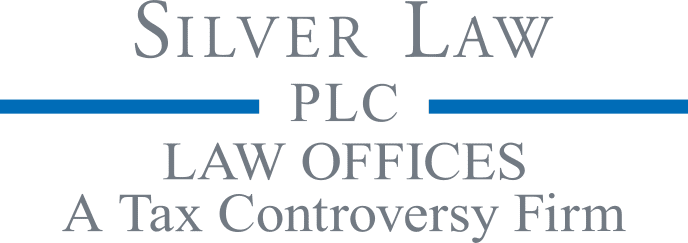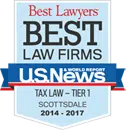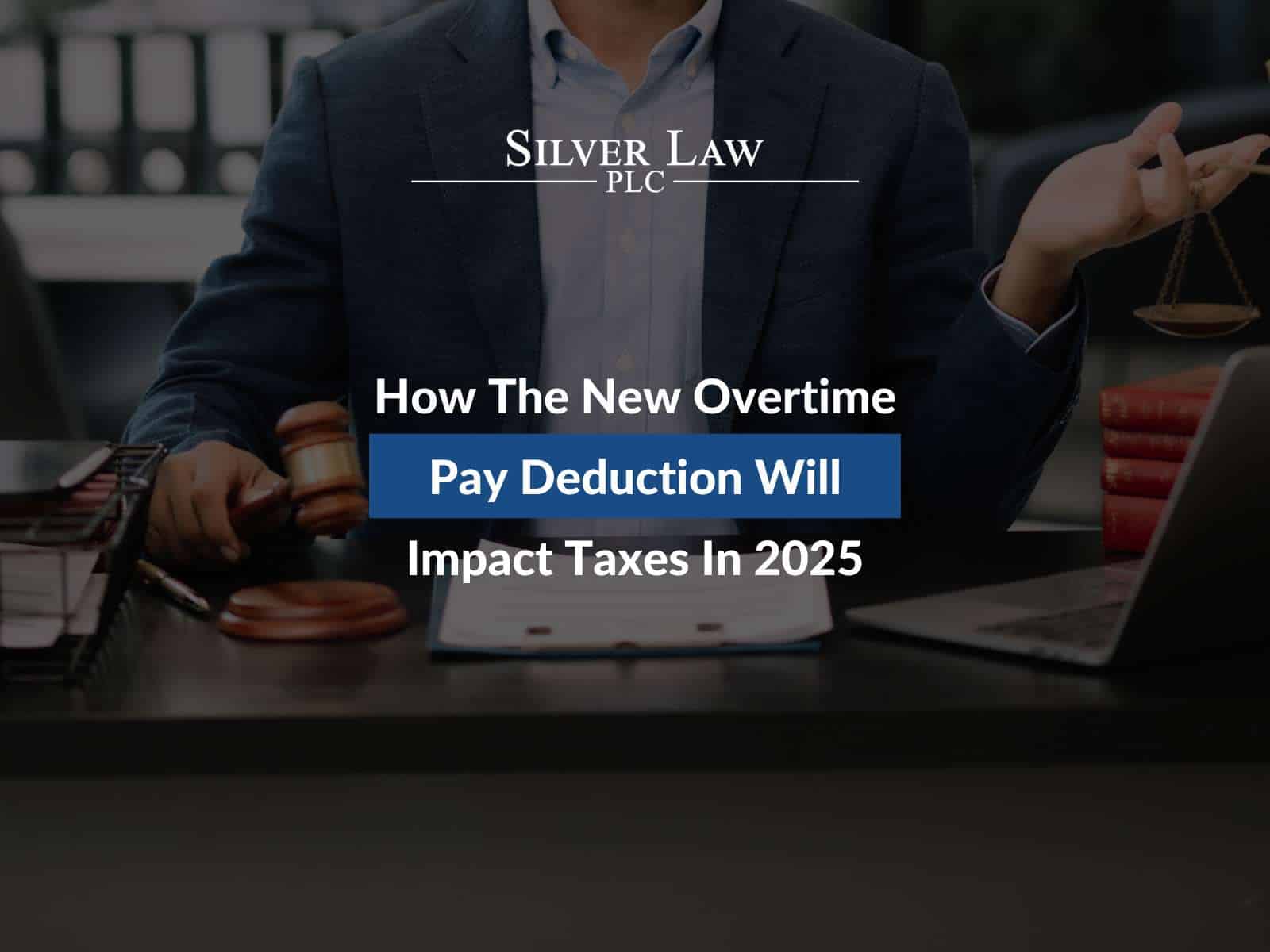Auto Loan Interest Deduction Explained: Rules, Limits & Who Qualifies
Rising auto prices and higher interest rates have pushed many buyers to look for new ways to save, and a recently introduced tax break could help. The new auto loan interest deduction from the One Big Beautiful Bill gives qualifying drivers the chance to write off a portion of their loan interest when purchasing specific new vehicles.
The legislation permanently extends and expands upon provisions of the 2017 Tax Cuts and Jobs Act (TCJA). According to the Congressional Budget Office, the law is projected to increase federal government deficits by approximately $3.4 trillion over the next ten years.
So, how does this deduction work, and who can take advantage of it? In the following sections, we’ll walk you through the key requirements, including what qualifies as a U.S.-assembled vehicle and the income limits that determine eligibility. Understanding these details will help you make the most of this deduction and ensure your car purchase is as affordable as possible, with no surprises at tax time.

What Is The Auto Loan Interest Deduction?
The auto loan interest deduction offers a new way to reduce the cost of financing a new vehicle. This benefit allows qualified buyers to deduct up to $10,000 in interest payments each year on an eligible auto loan. Since the deduction does not require itemizing, it’s easier to claim and is available to a broader range of taxpayers.
This deduction applies to vehicles purchased between January 1, 2025, and December 31, 2028. It’s crucial to mention that taxpayers must include the vehicle identification number (VIN) when submitting their return to show that the purchase meets the program’s requirements.
For many people planning to buy a new car during this period, the deduction provides a simple way to reduce their taxable income while supporting American-made vehicles.
Which Vehicles Qualify?
To qualify for the auto loan interest deduction, the vehicle must meet strict criteria set by the OBBB. First, it must be brand-new at the time of purchase. Used cars, certified pre-owned vehicles, and leases do not meet the requirements.
The vehicle must have undergone final assembly in the United States, and its gross vehicle weight rating must be under 14,000 pounds. This requirement limits eligibility to U.S.-assembled models built in U.S. plants.
To claim the deduction, the buyer must provide the Vehicle Identification Number (VIN) on their tax return. The VIN allows the IRS to confirm the car’s assembly location and verify its compliance.
These requirements create a focused group of eligible vehicles, encouraging consumers to choose new, U.S.-assembled models while still offering meaningful savings through the deduction.
Who Is Eligible To Claim The Deduction?
Figuring out who qualifies for the auto loan interest deduction mostly depends on the income and the details of the loan itself. The deduction phases out for single taxpayers earning over $100,000 and married couples filing jointly earning over $200,000.
Households with larger loans may incur higher interest, potentially leading to a larger deduction, but this benefit phases out as income increases.
How Much Can You Deduct?
Although the program allows up to $10,000 in interest to be deducted each year, most people won’t come close to that number. One analysis suggests savings from the deduction could range from as low as $300 up to $1,000 for higher-earning consumers. The actual deduction amount will depend on the loan size and interest rate. For typical auto loans between $30,000 and $40,000, the interest in the first year usually ranges from $1,200 to $3,000, depending on the rate. That amount drops each year as the loan balance gets paid down.
How To Claim The Deduction
Filing for the deduction is quite simple. It doesn’t require itemizing, so it can be included with a standard tax return. Borrowers just need to keep records of how much interest they paid (loan statements usually cover that) and submit the vehicle’s VIN to show it meets the program’s manufacturing and weight requirements.
This deduction can be used alongside other tax breaks that don’t relate to vehicle purchases, so it won’t interfere with unrelated credits. As long as the car qualifies and the paperwork is in order, it’s a practical way to lower taxable income during the years the program is in effect.
What Doesn’t Qualify?
The auto loan interest deduction has specific guidelines that limit which vehicles and financing options are eligible.
Since the program targets a defined category of purchases, many common situations fall outside its scope.
Used vehicles aren’t eligible, regardless of where they were purchased. Trailers, campers, and leased vehicles also do not qualify, since the deduction applies only to interest paid on a new auto loan.
Additionally, commercial vehicles, including those used for business or industrial purposes, are excluded from the deduction.
Manufacturing origin is another key factor. Even if a vehicle is from a U.S.-based company, it won’t qualify if final assembly occurred outside the United States.
The timing of both the purchase and loan initiation also matters. Only vehicles purchased between January 1, 2025, and December 31, 2028, qualify, and loans must be initiated within this same period to meet the program’s criteria.
Potential Benefits For Car Buyers
While this deduction has some limitations, it also offers a few benefits to potential car buyers, including:
- Helps reduce overall borrowing costs by allowing eligible buyers to deduct a portion of the interest paid on their auto loan.
- Makes financing a new vehicle more manageable during a period of higher prices
- Encourages buyers to consider the new U.S.-assembled models, which may offer better warranties and longer vehicle lifespan.
- Provides savings without requiring itemized deductions
- Supports long-term affordability by lowering taxable income throughout the life of the qualifying loan.
Get Professional Tax Advice On Auto Loan Interest Deductions From Silver Law, PLC
The new OBBB laws can be complex, especially when it comes to understanding the auto loan interest deduction. With specific requirements and timelines to follow, it’s important to ensure you’re making the most of this opportunity.
At Silver Law, PLC, our experienced tax attorneys are here to help you navigate these changes with confidence. We’ll work with you to determine if your vehicle qualifies, explain the details of the deduction, and ensure it fits into your broader tax strategy.
Contact us today for expert guidance.

Silver Law PLC - Scottsdale, AZ
7033 E. Greenway Pkwy. Suite 200 Scottsdale, AZ 85254
Phone: (480) 429-3360
Fax: (480) 429-3362
Email: [email protected]
Silver Law PLC - Henderson, AZ
72470 St. Rose Pkwy Suite 207 Henderson, NV 89074
Phone: (702) 801-1000
Email: [email protected]
Silver Law PLC - Draper, UT
11576 S. State Street, Suite 1002 Draper, Utah 84020
Phone: (801) 340-7514
Email: [email protected]

Silver Law LLP - San Diego, CA
7676 Hazard Center Drive, Suite 1525 San Diego, CA 92108
Phone: (619) 387-3790
Email: [email protected]
Silver Law LLP - Coronado, CA
724 1st St. Coronado, CA 92118
Phone: (619) 612-5337
Email: [email protected]






